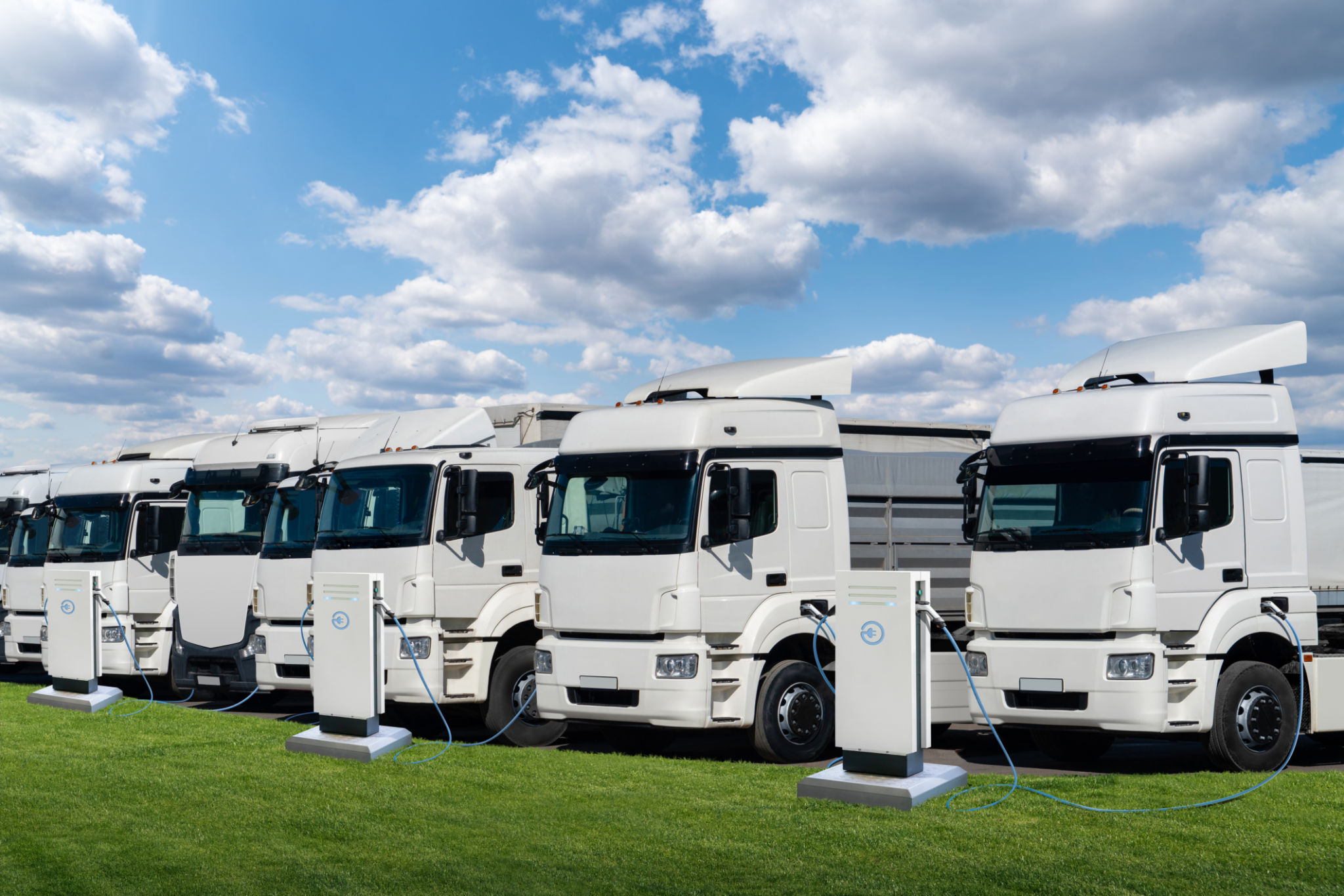Understanding the Latest Innovations in Trucking Technology
The Rise of Electric Trucks
In recent years, the trucking industry has been undergoing a significant transformation, with electric trucks at the forefront of this change. As concerns about environmental sustainability grow, more companies are turning to electric vehicles (EVs) to reduce their carbon footprint. Electric trucks offer a cleaner, quieter, and more efficient alternative to traditional diesel-powered vehicles. They not only help in cutting down emissions but also reduce operational costs due to lower fuel and maintenance expenses.
Electric trucks are now being designed to handle a wide range of loads and distances, making them a viable option for long-haul and short-range deliveries alike. Major manufacturers are investing heavily in this technology, with several models already on the market and more in development. As battery technology continues to advance, the range and efficiency of electric trucks are expected to improve even further.

Autonomous Driving Technology
Another groundbreaking innovation in the trucking industry is autonomous driving technology. Self-driving trucks promise to enhance safety, reduce human error, and optimize delivery times. With the integration of advanced sensors, cameras, and artificial intelligence, these vehicles can navigate roads with minimal human intervention.
The development of autonomous trucks is still in its early stages, with various pilot programs and tests being conducted across the globe. Companies are working to address challenges such as regulatory compliance, safety standards, and public acceptance. Nevertheless, as technology progresses and infrastructure improves, autonomous trucks could become a common sight on highways.

Telematics and Fleet Management
Telematics systems have revolutionized fleet management by providing real-time data on vehicle performance, driver behavior, and route efficiency. These systems utilize GPS technology, onboard diagnostics, and wireless communication to gather and analyze information, enabling fleet managers to make informed decisions.
With telematics, companies can monitor fuel consumption, track maintenance needs, and improve driver safety through feedback and training programs. This technology not only enhances operational efficiency but also helps in reducing costs and improving customer satisfaction by ensuring timely deliveries.

Advanced Safety Features
Safety remains a top priority in the trucking industry, and recent innovations have led to the development of advanced safety features that help prevent accidents and protect drivers. Modern trucks now come equipped with technologies such as collision avoidance systems, lane departure warnings, and adaptive cruise control.
These features work together to enhance driver awareness and response times, reducing the likelihood of accidents on the road. Additionally, some systems offer fatigue management tools that alert drivers when it's time to take a break, ensuring they remain attentive and focused during long hauls.
The Future of Trucking
The integration of cutting-edge technology in the trucking industry is paving the way for a more sustainable and efficient future. As electric trucks become more widespread and autonomous vehicles gain traction, the potential for reduced emissions and improved logistics operations is immense.
With continuous advancements in telematics, fleet management, and safety features, trucking companies can optimize their operations while ensuring driver safety and customer satisfaction. As these innovations become mainstream, they will undoubtedly reshape the landscape of the trucking industry for years to come.
